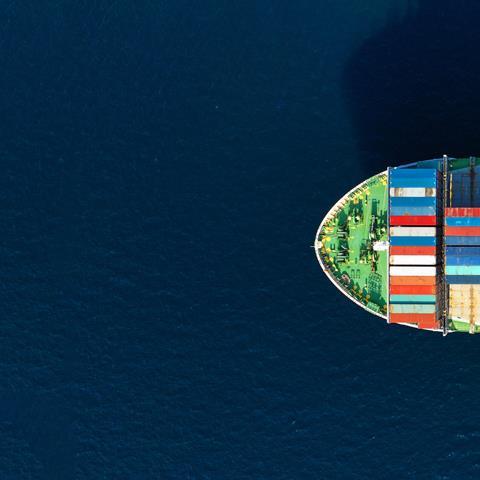Brexit presents ongoing issues that must be addressed by all businesses. The UK is responsible for establishing an independent UK trade policy for the first time in over 40 years. Leaving the European Union (EU), the Single Market and the Customs Union has required the UK to set its own tariff regime and to establish a mechanism to protect UK industry from unfair competition.
Trade is in our sector’s DNA. The UK chemical industry is innovative, globally facing and completely entwined in international value chains. Over the last year, our industry has faced the challenge presented by the global Covid-19 pandemic and also that of Brexit. Many of our industry’s key products were critical to the UK being able to function almost normally throughout the pandemic. Our water remained clean, our energy safe to use and products involved in food production and packaging meant the shelves in our shops remained well stocked. We witnessed an amazing reaction from member companies who quickly tweaked production lines to deliver vital PPE and sanitiser to those on the front line.
Brexit presents ongoing issues that must be addressed by all businesses. The UK is responsible for establishing an independent UK trade policy for the first time in over 40 years. Leaving the European Union (EU), the Single Market and the Customs Union has required the UK to set its own tariff regime and to establish a mechanism to protect UK industry from unfair competition. Trading partners are being prioritised in the pursuit of Free Trade deals and companies who have become reliant on trading agreements struck by the EU were keen not to be disadvantaged at the end of the transition period. We have covered these areas within this brochure.
Global trade is facing significant and multiple challenges. The World Trade Organization (WTO), is entering a period of transition, the United States (US) will take time to consider its own place in the global market following the Donald Trump Presidency and the ‘America First’ policy that inevitably led to increased trade friction. The ongoing US disputes with the EU and with China point to the need for bridges to be rebuilt, and that will take time.Moreover, the Covid-19 pandemic, potentially has encouraged many countries to review international supply chains and recognise that autonomy over some is more critical now than ever. We hope that national and regional ‘bounce back’ or stimulus schemes do not lead to a rise in protectionism as it’s proven that well managed and efficient trade can deliver growth for all. Right now, that is more important than ever.
CIA will continue to support member companies through challenging times, and to ensure they are ready to take full advantage of the opportunities ahead.
Content
- Continuity Free Trade Agreements
- UK Continuity Free Trade Agreements with chemical exports
- Global Britain – new Free Trade Agreements delivering new opportunities
- Freeports
- Trading with the EU – what’s changed?
- Rules of Origin
- Trade remedies
- Global trade trends

Open for business
The UK is responsible for establishing an independent UK trade policy for the first time in over 40 years. Leaving the European Union (EU), the Single Market and the Customs Union has required the UK to set its own tariff regime and to establish a mechanism to protect UK industry from unfair competition. Trading partners are being prioritised in the pursuit of Free Trade deals and companies who have become reliant on trading agreements struck by the EU were keen not to be disadvantaged at the end of the transition period. We have covered these areas within this brochure
DOWNLOAD










